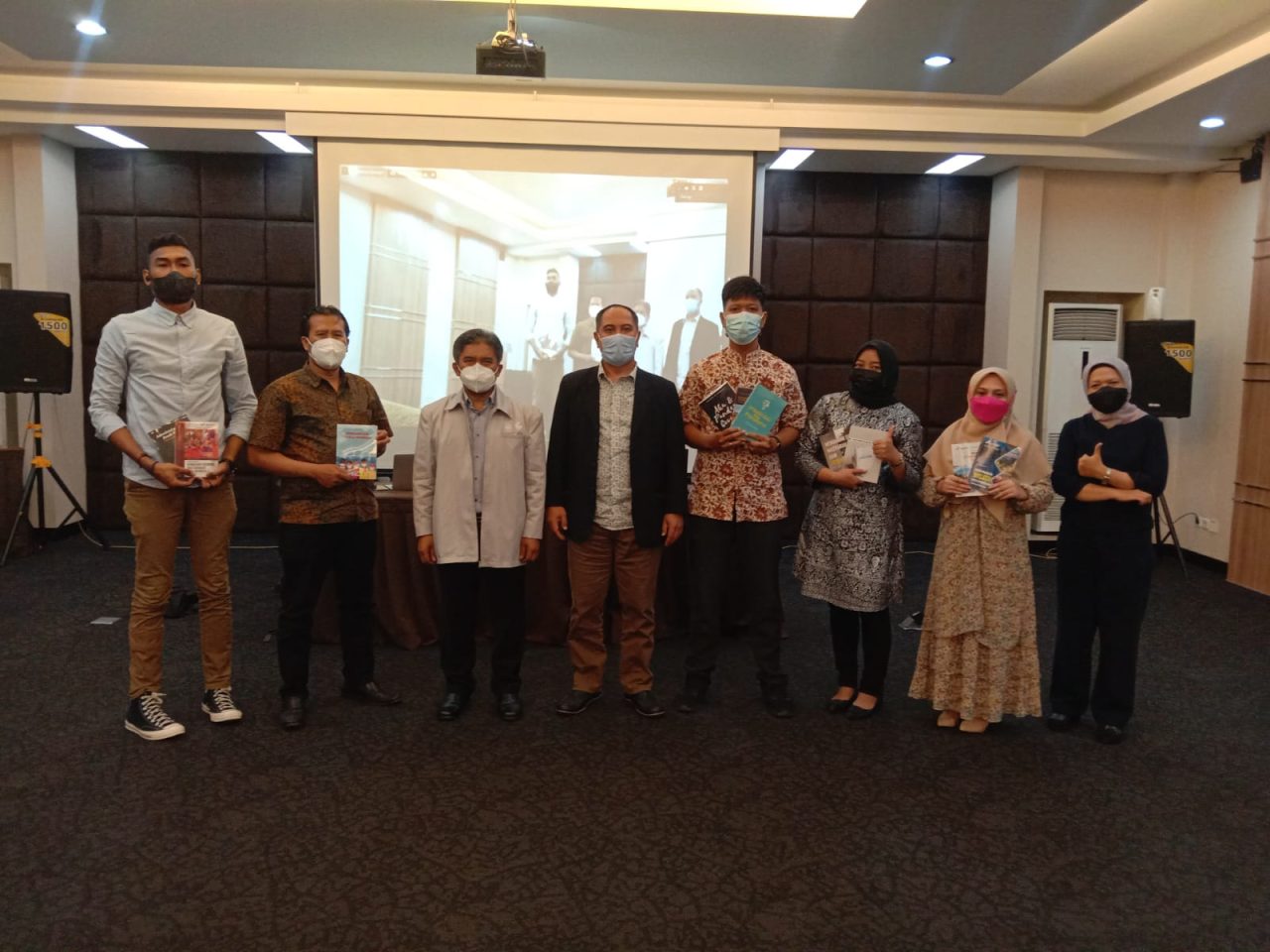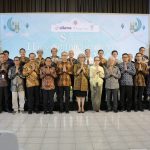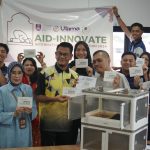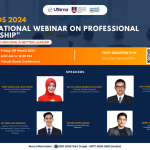Lecturers of the Faculty of Social and Political Sciences (FISIP) Widyatama University (UTama), Bandung City continue to strive to become more professional lecturers.
One of them is by increasing his ability in writing textbooks according to his knowledge.
On Wednesday, February 16, 2022, several lecturer representatives from International Trade, Library & Information Science, and Film and Television Study Programs attended the Textbook Writing Training. In addition, there are also students who participate.
It is carried out face-to-face, generally following the network (online). It is centered in the UTama Campus Seminar Room, VI Floor, Jalan Cikutra No 204-A.

The presenter, Santoso Tri Raharjo, Lecturer of FISIP, Universitas Padjadjaran (UNPAD), who has produced about 140 books recorded in the National Library, is the result of his thoughts. That number does not include books written with his colleagues.
According to Santoso, to become a writer three elements must be possessed, namely attitude, skill, and knowledge. But most importantly must have an attitude.
According to him, attitude is an attitude of the will, especially being able to respect yourself. Next is the strength you have, such as healthy sources, family, and others.
“Already being able to attend this activity, also being a lecturer and student is a strength. It’s up to us whether we want to use it or not. Not to mention that the environment around family, friends, lecturers is full of resources. We just need to use it, strengthen each other, so we want to do it. If you have done it and realized it, it will appear towards quality,” he added.
Santoso said, the participants are already in the early stages, how are they lecturers and students want to write anything. Because it will be very useful to practice skills and knowledge. The important point is to respect yourself with a strong perspective.
Besides that, writing also needs assistance, mutual strengthening, and non-judgment.
“Can everyone be a writer, can they? Even if you don’t want to write, you can just talk and then write it down. So actually there are no barriers to getting people to write, there are obstacles from oneself, fear, fear of being wrong, fear of being laughed at and so on,” said Santoso, who in a year can write two to four books.
Therefore, in these activities, it is a part to strengthen each other. That they can write, but it shouldn’t stop there.

“I am also ready to assist to ensure that you (the participants) can. The perspective that was difficult to write for all, is also present in students, once they see the results, the surprise for them will strengthen and motivate them (participants) to write again,” said Santoso.
He is also willing to help them write until they can publish books that have the ISBN (International Standard Book Number) of the National Library.
When asked about the challenges of the lecturers in making textbooks, according to him, the lecturers have mastered it (the material), but the obstacles are usually in terms of structure and systematics.
“When the lecturers teach in the classroom, they already have the material, they have also read and analyzed it, so they are confident in class. So just make it happen in written form. That’s why it’s our job to make what was originally spoken to be written. Because the words are gone, the writing remains. So no matter how good the speech is, if it is not written down, it will be lost. So it’s better to write it down,” said Santoso, who now serves as Head of the CRS Study Center for Social Entrepreneurship and Community Empowerment UNPAD.
He also reminded to always be consistent in writing, because the obstacles are usually not from writing techniques, but non-technical barriers.
Meanwhile, the Dean of FISIP UTama, Soni A Nulhaqim explained that the purpose of the activity was to motivate, encourage, facilitate and also increase the capacity of FISIP lecturers, to make textbooks.
“Textbook writing is from the study program, so the textbook itself is of course very much needed as learning material for students. So those students will quickly understand and interpret the subjects taught by their lecturers,” said Soni on the sidelines of the activity.
In addition, another purpose is to strengthen learning outcomes in each study program. As for lecturers, the existence of textbooks shows their scientific identity, professionalism, under the law.
“Lecturers must become professional educators and scientists, so from the textbook, it is hoped that they will become a source of learning for students and also be an inspiration for other academics. With regard to topics, references, concepts, and theories that underlie them, so that in the end the book will become a reference, both for students and for other scientists, who you are, namely Lecturer of FISIP Widyatama, is a very important part of having a textbook, ” said Soni.
Still according to Soni, that FISIP UTama is a new faculty, the lecturers are generally young, strategic matters must be to prepare textbooks indexed by ISBN, as official references.
Because the existence of textbooks shows the quality of Study Programs is an assessment of accreditation, in which there is a curriculum structure, materials, Semester Learning Plans (RPS), and teaching materials from the textbooks themselves, in addition to powerpoint articles and so on.
“Teaching books refer to teaching materials, lesson plans, and modules that have been prepared, therefore it is hoped that one lecturer can write one textbook to prepare for this semester (even). Make sure what courses are prepared for the textbook. So that at the end of the semester, several books can be available that are ready to be published. The hope is that one lecturer, one book, will prepare books for this semester,” concluded Soni.
(Source: majalahsora.com)

